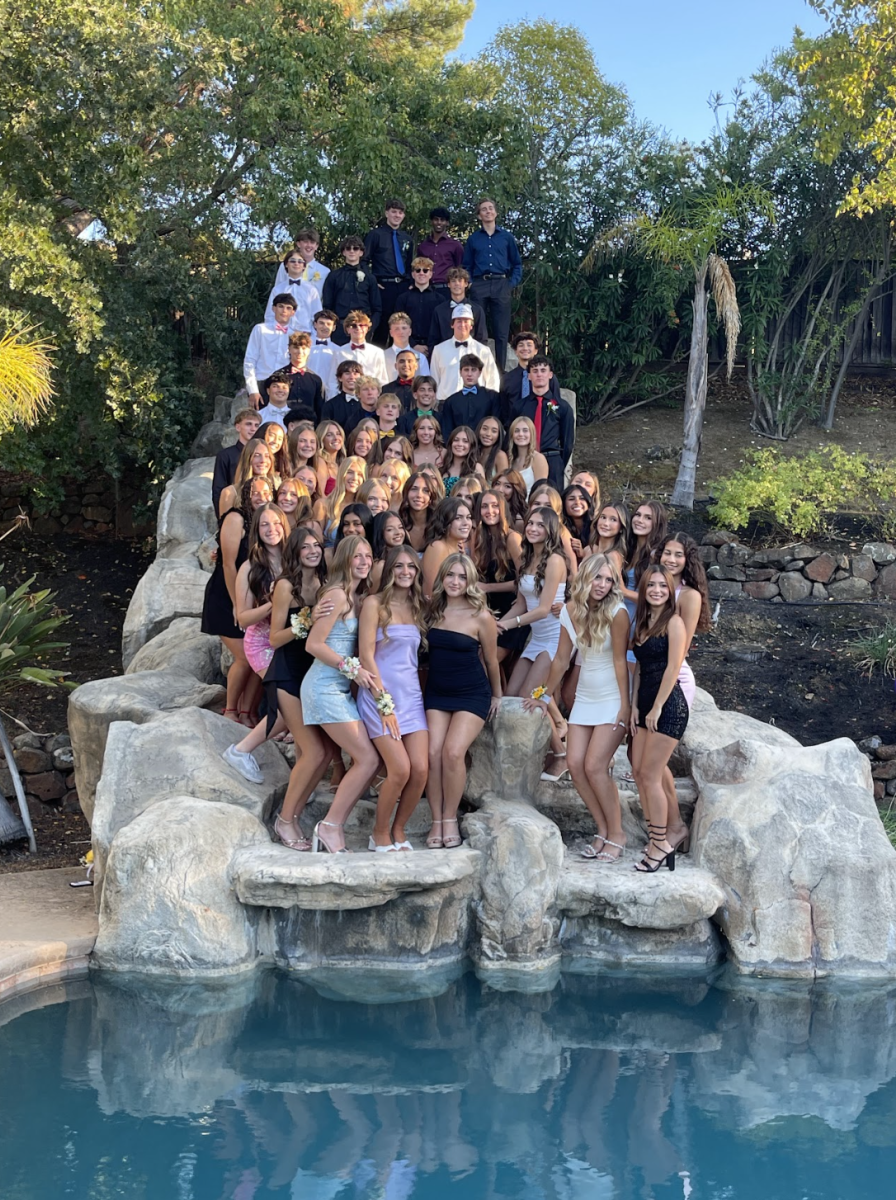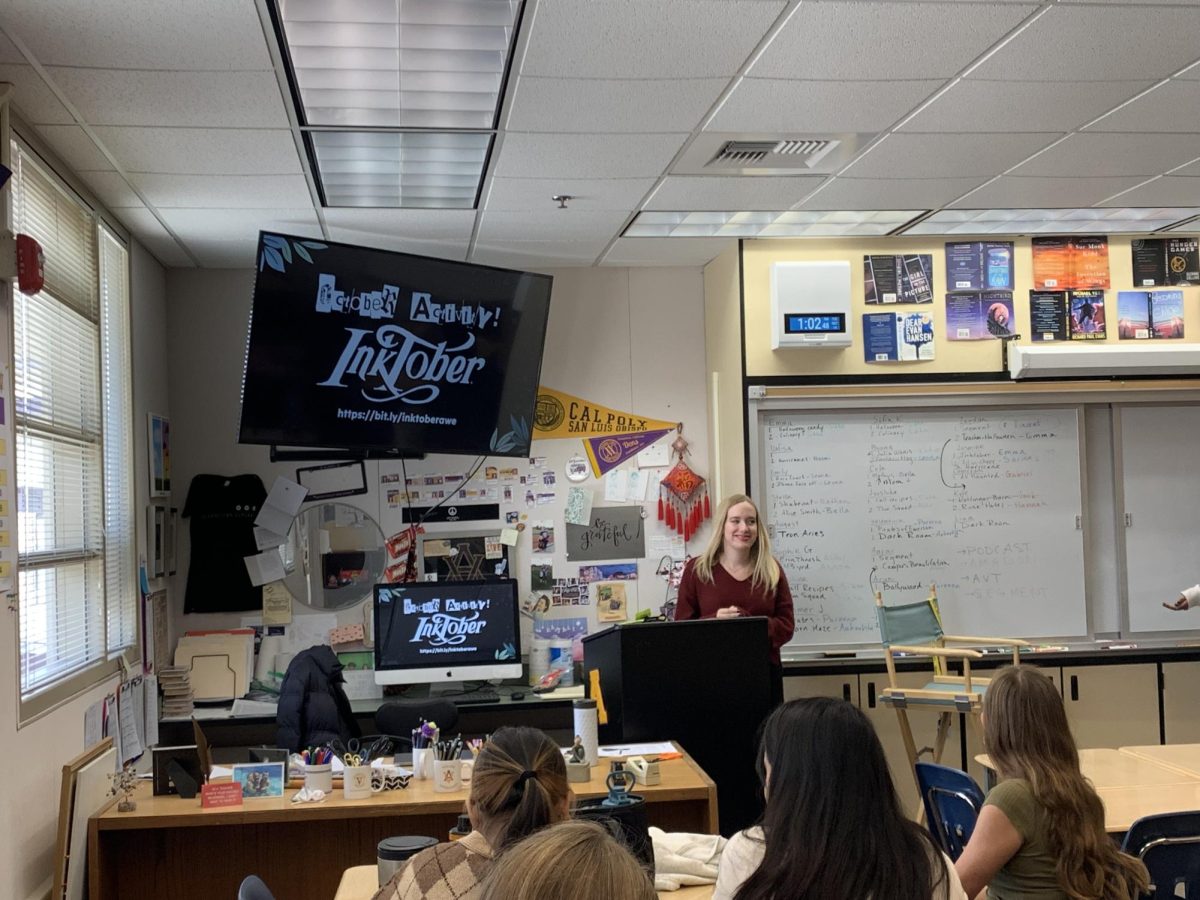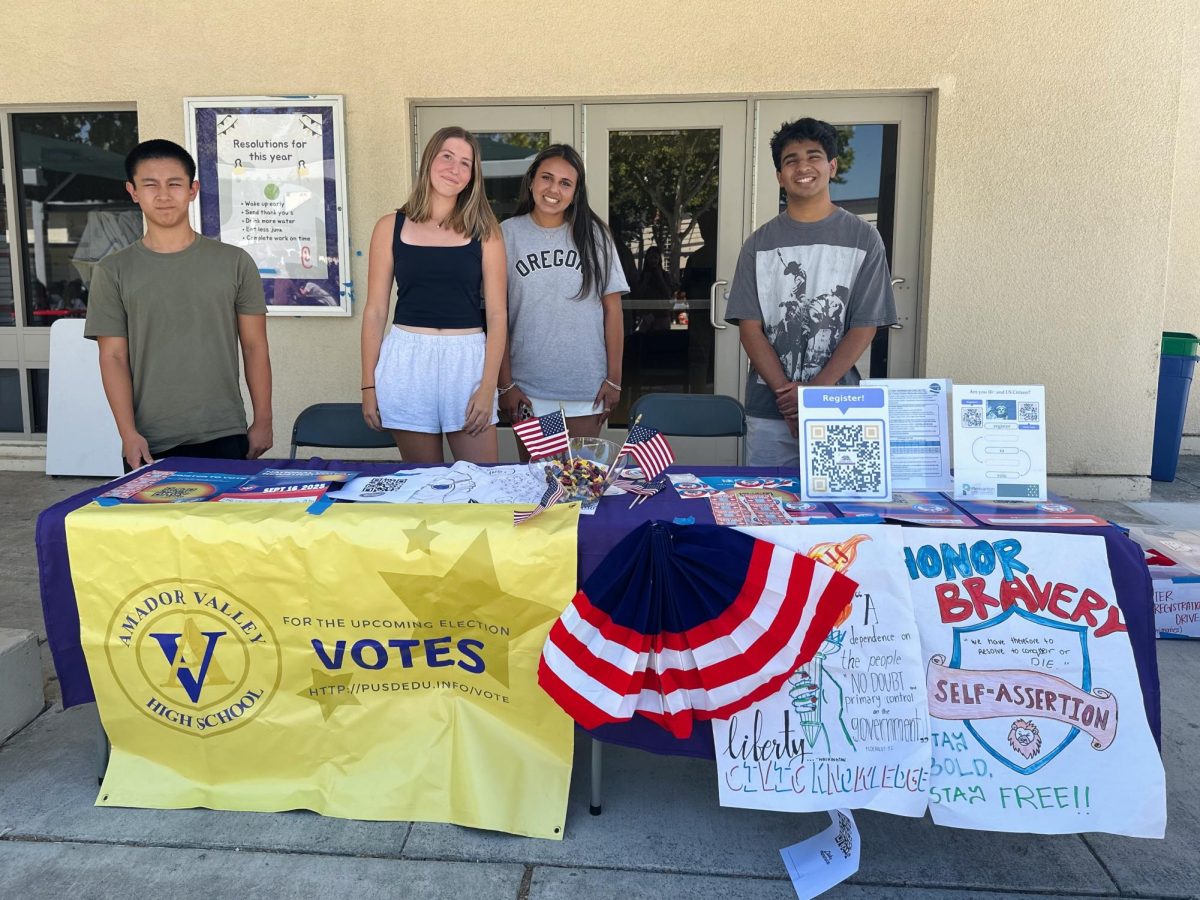On October 9, 2024, the National Collegiate Athletic Association eliminated the National Letter of Intent. The National Letter of Intent, or NLI, has been around since 1964. It was a binding agreement between a college and their prospective student-athlete.
“I know lots of my teammates who signed their National Letter of Intent in the fall. They had a big celebration for all of the signed athletes, and it was great to soak up all of the emotions,” said Cornell University softball commit Mai Falcone (‘26).
Impact of the NLI elimination
While the main recruiting process will remain the same, the NLI elimination allows athletes to have more freedom to make and break commitments. Originally, signing the NLI ensured that student-athletes would attend their school they verballed to for one full year.
“I think this is very beneficial for us athletes since we’ll have more control over our commitment,” said Falcone.
Student-athletes will sign contracts of athletic aid to officiate their commitment to a particular college in replacement of the NLI. This way, colleges will have to provide commits with the scholarship they promised unless under specific conditions.
“At first, I was kind of bummed that I saw the NCAA was getting rid of the National Letter of Intent because I wanted a signing day. But, after reading further, I found out that in terms of signing day, not much will change besides the document we sign,” said Howard University softball commit Caydence Likeness (‘25)
For transfer prospects, they may be signed by a school once they have entered the transfer portal. Once the prospect signs their written offer of athletic aid, other schools will not be allowed to contact or recruit them.
“To my knowledge, the transfer recruitment process is a bit different than recruits out of high school. In terms of it relating to the National Letter of Intent, not much will change,” said Likeness.
Overview
The elimination of the NLI evolves the relationship between potential recruits and schools. What was once a fixed commitment process is now a flexible benefit for student-athletes. The college game is rapidly changing, and the elimination of the NLI signals one step towards a new era of college sports.































